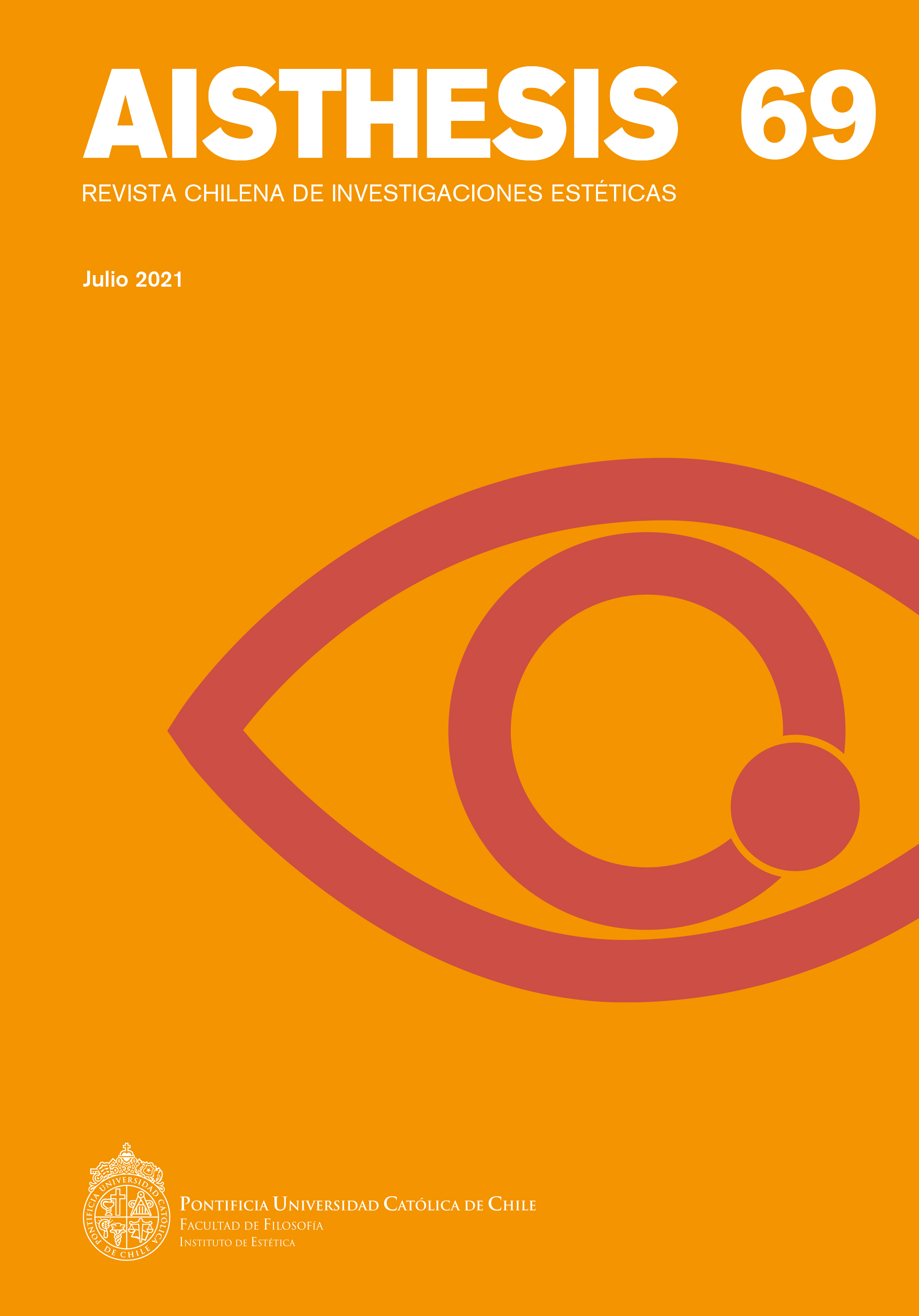La suspensión del sentido: Cahiers du cinéma y la Nouvelle Vague en el comienzo de los años sesenta / The Suspended Meaning: Cahiers du cinéma and the French New Wave in the Early Sixties
Contenido principal del artículo
Resumen
¿Cómo reacciona Cahiers du cinéma frente al surgimiento de la Nouvelle vague? ¿Qué estrategias implementa la revista ante el riesgo de que la politique des auteurs se convierta en una politique de l’amitié? Mientras otras publicaciones, como Positif o Présence du cinéma, se dedican a atacar a los nuevos cineastas, Éric Rohmer (que ha quedado a cargo de la jefatura de redacción luego de que sus antiguos colegas han decidido lanzarse como directores de cine) profundiza su predilección por el clasicismo y evita referirse a los films modernos. Su resistencia a comprometerse con la contemporaneidad genera fricciones en el interior de Cahiers y, finalmente, Rohmer será desplazado por Jacques Rivette. Comienza un nuevo ciclo en la revista: el nuevo jefe de redacción entiende que el cine moderno reclama una crítica moderna y que ya no hay que producir sentido a partir de los films sino que, en cambio, se trata de suspenderlo. Desde la perspectiva de una crítica histórica, el presente artículo intenta reconstruir las etapas de ese conflictivo momento de transición. Se trata de mostrar cómo emerge de allí una cierta noción de cine moderno y una nueva manera de concebir el estatuto de la imagen.
Descargas
Detalles del artículo

Esta obra está bajo una licencia internacional Creative Commons Atribución-NoComercial-CompartirIgual 4.0.
Todos los contenidos de esta edición electrónica se distribuyen bajo licencia Creative Commons de “Atribución-Copartirigual 4.0 Internacional” (CC-BY-SA). Cualquier reproducción total o parcial del material deberá citar su procedencia.
Los derechos de los trabajos académicos publicados en AISTHESIS: Revista Chilena de Investigaciones Estéticas pertenecen a sus autores, quienes otorgan a la Revista la licencia para su uso. La gestión de los permisos y la autorización de publicación de las imágenes (o de cualquier material) que contenga derechos de autor y sus consecuentes derechos de reproducción en esta publicación es de exclusiva responsabilidad de los autores de los artículos.
